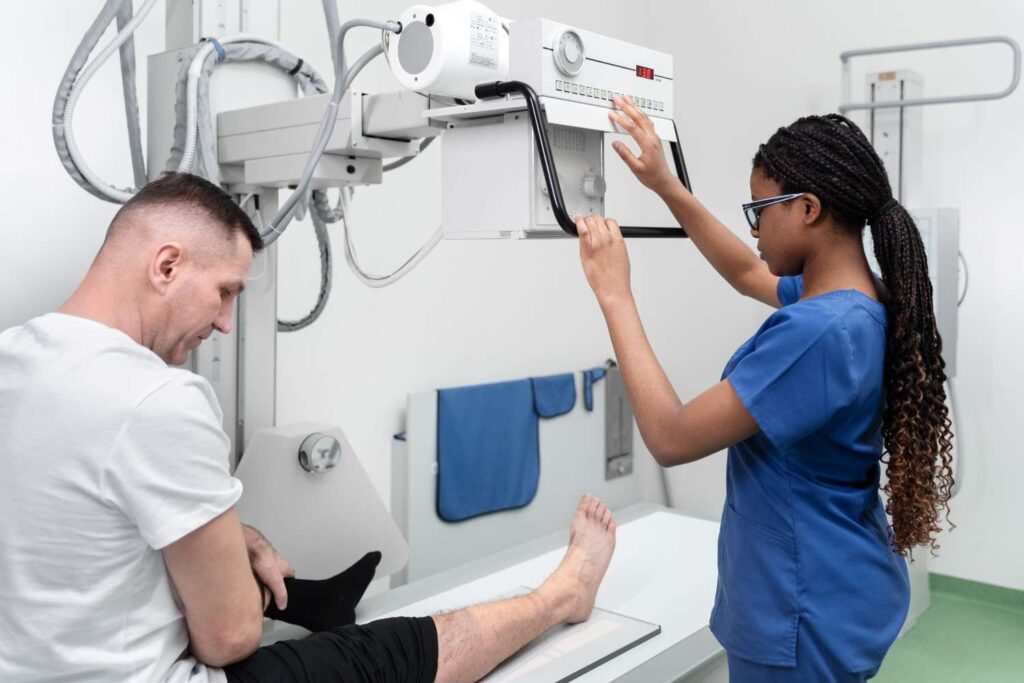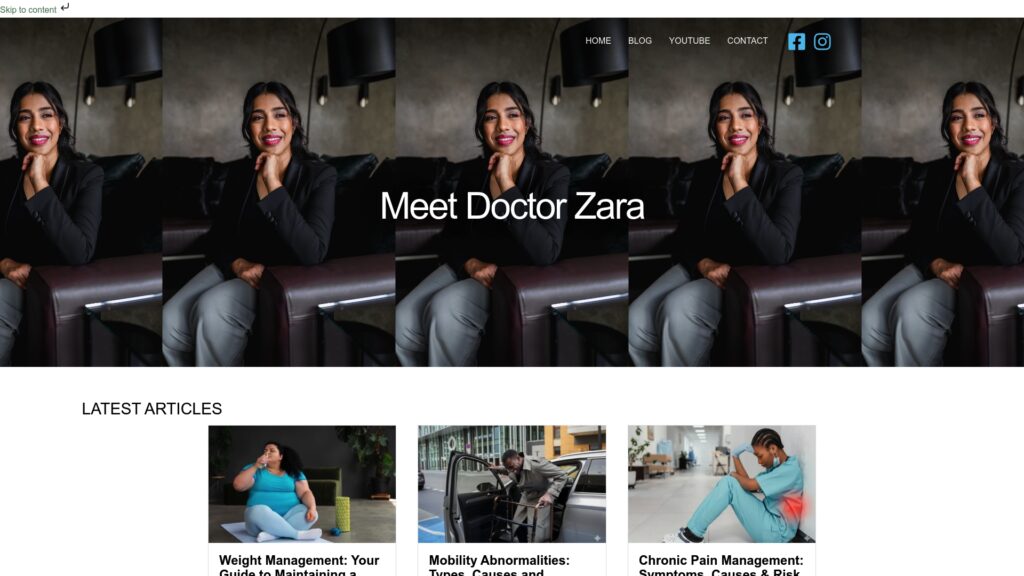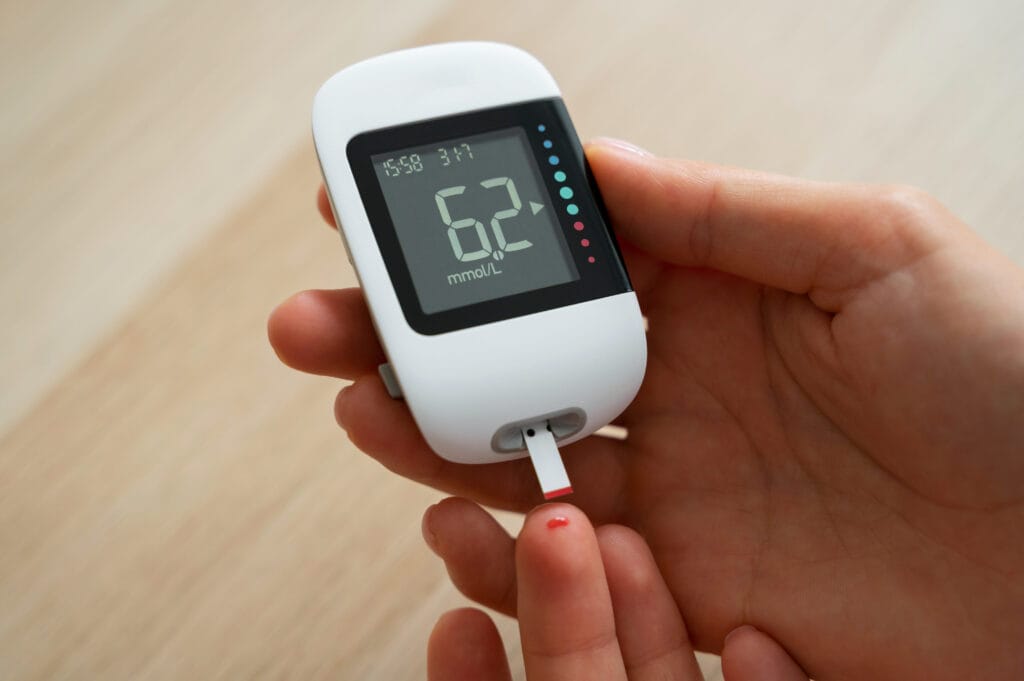
The older we get, the more our bodies whisper about accumulated risks, from sneaky silent threats like high cholesterol to bolder ones like certain cancers. That’s why medical experts urge us to embrace regular health screenings; they’re not just checkmarks on a to-do list, but lifelines that catch issues early, letting us rewrite our health narrative on our terms. In this post, we’ll talk in detail about the must-know screenings tailored for adults, blending the latest guidelines with real-talk advice to make it all feel less daunting and more empowering.
Objectives of Early Screening
- Identify hidden health risks before symptoms appear
- Prevent disease progression through timely intervention
- Personalize lifestyle and treatment plans
- Extend quality years of life
- Reduce overall healthcare burdens
Table of Contents
- Why Do We Need Health Screenings as We Grow Older?
- Types of Common Health Screenings
- Cancer Screenings
- Cardiovascular Screenings
- Infectious Diseases Screenings
- Mental Health Screenings
- Tailored Screenings for Men
- Tailored Screenings for Women
- A Word from Dr. Zara
- Frequently Asked Questions
Why Do We Need Health Screenings as We Grow Older?
As you grow, life takes up with so many activities, juggling children’s pickups, that side hustle you’ve always dreamed of, and maybe a few too many late-night work catch-ups. Life’s buzzing, but under the hood, your immune system is quietly shifting gears, shaped by decades of diet choices, that family history of heart issues your aunt always mentioned, or even the stress of a career that never quite slowed down.
These factors don’t just age us; they prime us for health circumstances we might not see coming. That’s where health screening tests for adults step in like a trusted co-pilot, spotting potential pitfalls so we can stay clear or course-correct early. It’s not about fear, it’s about arming yourself with knowledge to keep thriving.
Unpacking the Reasons
Here are some of the main reasons we need these health screenings, broken down with the why and how they make a real difference:
- Detecting Hidden Issues: Many conditions, like elevated blood sugar or irregular heart rhythms, sneak without aiding signs. Thus, a simple blood pressure screening test for adults can flag hypertension before it leads to a stroke or any other complications.
- Early Detection of Underlying Health Conditions: Catching diabetes or any underlying Health Conditions early via screening tests for adults means adjusting your life routine now instead of facing complications later. Studies show early intervention can slash risks by up to 50%, turning “what if” into “we got this.”
- Reduce Health-Related Stress: Knowledge is the ultimate chill pill. When annual preventive screening tests for adults reveal everything is on track, that nagging “am I okay?” fades, freeing mental space for the joys, like planning that long-awaited road trip.
- Early Treatment: Spotting cancers early through screening for adults means better and effective treatment options. Early treatment often means shorter recovery and more effective treatment.
- Reduced Treatment Costs: Preventive care is cheaper than crisis mode. Most of the time the amount of money you will need to take that surgery, chemo-therapy or radiation therapy, will cost 10x more than when the disease is detected earlier than later.
- Health Education: These visits aren’t just tests; they’re crash courses in your own body.You get equipped with what sort of adjustments you need in order to keep up with your health.
- Clinical Trials for Unusual Abnormalities: If something quirky pops up, like thyroid screening tests for adults with subtle symptoms like unexplained fatigue, it could qualify you for cutting-edge trials, putting you at the forefront of breakthroughs.
- Longer Life Span: It’s the big win, regular lung cancer screening for adults at risk has been linked to a 20% drop in mortality rates, giving you more sunsets, more stories, more everything.
Types of Common Health Screenings
From cancer screening tests for adults over 40 to vision screening tests for adults over 60, here’s a rundown of the heavy hitters, grounded in the freshest guidelines. Here are some of the most important health screenings as you age
1. Cancer Screenings
Cancer doesn’t play fair, but these tests level the field by spotting it early, when it’s often curable.
- Breast Cancer: For women, biennial mammograms starting at 40 through 74 slash mortality by 20-40%. It’s quick, like a focused hug from a machine, and empowers you to own your health narrative.
- Cervical Cancer: Pap or HPV tests every 3-5 years from 21-65; co-testing amps accuracy for those over 30. No more guesswork, just peace of mind against a preventable foe.
- Lung Cancer: Annual low-dose CT for ages 50-80 with a 20-pack-year smoking history. If you’ve quit within 15 years, this could be your reset button.
- Prostate Cancer: Talk PSA tests with your doc starting at 50 (or 45 if high-risk); it’s a blood draw that sparks informed chats, not guess thought decisions.
- Colorectal Cancer: From 45-75, choose stool tests yearly, sigmoidoscopy every 5 years, or colonoscopy every 10 years. Pick what fits your vibe, take this seriously as it catches 90% of cases early.
2. Cardiovascular Screenings
Your heart’s been your ride-or-die, it has been pumping blood from the time you were born without a rest. Now give it the attention it deserves with heart disease screening tests. Most important cardiovascular screening are for:
- Abdominal Aortic Aneurysm (AAA): One-time ultrasound for men aged 65-75 who’ve smoked, it’s painless and spots ballooning vessels before they burst.
- Hypertension: Annual blood pressure checks for all adults; aim under 120/80, but even home monitors make it easy to track trends. High readings? Lifestyle adjustments can often dial it back.
3. Infectious Diseases Screenings
Infectious diseases have killed millions of people worldwide and Africa being the leading hub for these types of diseases. These stealth invaders don’t discriminate, screen once, stay vigilant. Most common infectious disease screening include;
- HIV(Human immune deficiency Virus): One-time test for ages 15-65; rapid results in minutes, and early antiretrovirals make it manageable, not a sentence.
- Hepatitis C: Universal one-time screening for adults 18-79; a simple blood draw can lead to cure rates over 95% with today’s meds.
4. Mental Health Screenings
The mind’s health is as vital as the body’s, mental health screening tests for adults online make it accessible from your couch. These tests will help with your mind’s state of:
- Depression: Quick questionnaires like PHQ-9 during check-ups; spotting it early means therapy or meds that lift your spirit fast.
- Anxiety: Tools like GAD-7 gauge worry levels; online versions let you self-assess anonymously, bridging to pro help without the stigma.
Tailored Screenings for Men
Let’s be real, health talks aren’t always our jam, but skipping them is like driving without oil checks. We barely pay attention until some health issues arise or reach our 50s. In modern days, it’s easier to focus on unique risks that affect men the most in this case, blending USPSTF gold standards with practical edges.You can start with a conversation with your doctor to understand when you need the following men prone screenings
- Prostate Health screening: Beyond basic PSA(prostate-specific-antigen), consider digital rectal exams if family history proves otherwise. It’s awkward for two seconds but catches issues that affect 1 in 8 men, often treatable if early.
Pro tip: Pair it with that annual physical to knock out multiple birds. - Heart Risk Radar: ECG(electrocardiogram) or stress tests if you’re packing extra pounds or have a desk-bound routine. Heart disease screening tests for adults like lipid panels every 4-6 years flag cholesterol spikes before they clog arteries. Imagine catching it over coffee, not in the ER.
- Diabetes Watch: Fasting glucose or A1C tests yearly if overweight, even simple home kits make diabetes screening tests for adults at home a no-brainer for busy schedules.
- Bone and Lung Check-Ins: DEXA (Dual-energy X-ray Absorptiometry) for osteoporosis if you’re on long-term steroids; low-dose CT for lung cancer if smoking’s in your rearview. These aren’t routine for all, but they add layers if risks align.
- Freebies Near You: Hunt free health screening tests for adults near you via community events, blood pressure pops at pharmacies or Red Cross drives often bundle heart and cholesterol basics. It’s a low-commitment entry to the habit.
Tailored Screenings for Women
Ladies, you’ve got this multitasking thing down your sleeve, so why not add self-advocacy to the list? Recommended screening tests for adult women weave in reproductive history, hormones, and beyond. Think of it as your personal health GPS, to track track your health through these health screenings;
- Breast and Cervical Focus: Mammograms every other year from 40-74; Pap/HPV co-testing wraps at 65 if clean, but don’t ghost your annuals. It’s your shield against two top cancers, with tech making it comfier than ever.
- Bone Density Priority: DEXA (Dual-energy X-ray Absorptiometry) scans at 65 (or sooner if menopausal early) for osteoporosis screening tests for older adults, fractures sneak up, but this predicts and helps you prevent bone wear and tear.
- Thyroid Tune-Up: TSH (Thyroid-Stimulating Hormone) blood test if fatigue or weight shifts linger; thyroid screening tests for adults with symptoms like dry skin or mood dips warrant it, especially post-50 when hormones remix.
- Eye and Heart Layers: Vision screening tests for adults over 60 catches cataracts early via dilated exams; add cholesterol and blood pressure for the full cardiovascular shield.
- Mental Wellness Check: Online tools for anxiety or depression, plus in-person if needed, it’s as routine as your coffee ritual, ensuring the emotional load doesn’t tip.
A Word from Dr. Zara
Health screenings are simple, quick, and sometimes free, but not always anxiety-free as they can be overwhelming at most. Thus, if you need to talk to a qualified medical doctor before taking any screening, you can email me at drzaramulla@gmail.com. I will be glad to have a productive conversation with you.

Imagine your next step with help from Dr. Zara Mulla. Discover credible advice and practical strategies for all your health needs directly from a trusted family medicine professional. Visit drzaramulla.com to explore more evidence-based health guidance and get answers to your personal questions. Take charge of your health journey today and unlock resources that support your unique goals.
Frequently Asked Questions
1. How often should I get annual preventive screening tests for adults?
A: It varies, blood pressure and cholesterol every 1-5 years, cancer screens per type (e.g., mammograms biennially). Chat with your doc for a personalized calendar based on risks.
2. Are there free health screening tests for adults near me?
A: Absolutely, check CVS Project Health events, Red Cross blood drives, or local clinics for no-cost blood pressure, cholesterol, and more. Apps like HealthMap can pinpoint spots.
3. What’s the best at-home option for diabetes screening tests for adults?
A: Glucometers or A1C kits from pharmacies give instant reads; pair with the ADA’s 60-second online risk quiz for a full picture without leaving home.
4. When do cancer screening tests for adults over 40 ramp up?
A: Colorectal at 45, breast at 40 if you choose USPSTF tailors by risk, so starting conversations early maximizes benefits.
5. Can I do mental health screening tests for adults online reliably?
A: Yes, tools from MHA or Psychology Today offer confidential starters, but follow up with a pro for deeper insights, they’re gateways, not the whole path.
